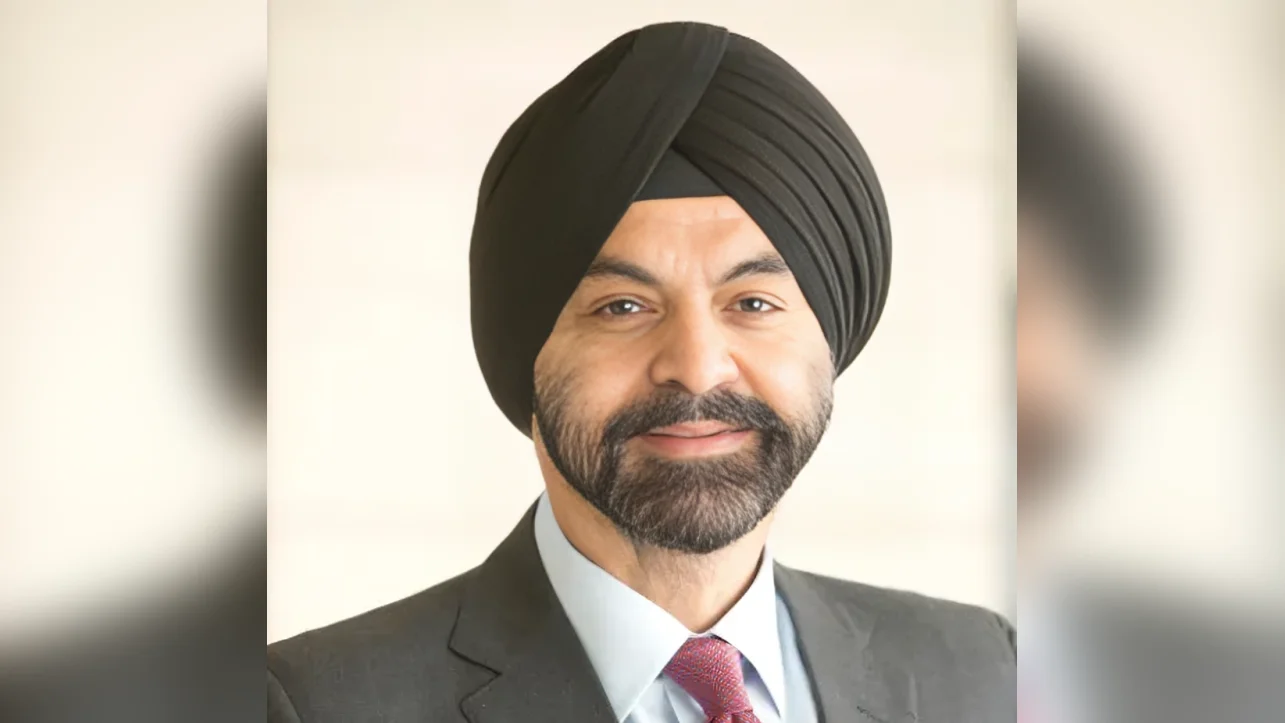Realizing the potential of Vietnam's capital markets is a key aim of the Sustainable Finance Facility (SFF). Supported by the Swiss development agency's State Secretariat for Economic Affairs (SECO), the SFF aids governments in developing and emerging economies to create conditions that enable and mobilize private capital. This is especially important for sectors requiring long-term financial investments to address global challenges.
The World Bank's efforts in Vietnam occur amidst relative macroeconomic stability but significant hurdles remain in creating a vibrant capital market. Such a market can channel savings into productive, sustainable enterprises. Stable frameworks for institutional investors, sound regulation, and demonstration transactions are crucial to unlocking Vietnam’s potential.
Under the SFF, the World Bank supports major projects, technical assistance, and research in Vietnam. The largest domestic institutional investor, the Vietnam Social Security Fund (VSS), now faces diversification challenges to anchor a more active bond market. A test for SFF work in Vietnam—the first green and sustainability bonds issued by a commercial bank—showed promise.
Vietnam already experiences economic growth and fiscal stability but requires financing for long-term projects like infrastructure for sustainable development. The government can provide only two-thirds of the $25 billion per year needed; the rest must come from private-sector banks and capital markets.
Vietnam lags behind most ASEAN-5 countries in some areas of capital market development. Domestic enterprises face limited access to foreign capital while domestic investor bases are still growing. Reforms promoting corporate bond and equity market development could bring over $78 billion in new funding within 6-8 years.
The VSS plays a central role with assets exceeding 10% of GDP. The World Bank provides extensive capacity-building to manage risks associated with portfolio diversification and working with external asset management companies.
Before revising its Law on Social Insurance with World Bank help, VSS could only buy government bonds—a common challenge distorting bond markets by driving interest rates below risk-calculated levels. Now, VSS can improve domestic bond pricing by purchasing international bonds under 2024 law boundaries with technical assistance from the World Bank.
For instance, new regulations will define investment policies like issuing countries and bond ratings. VSS may also invest in infrastructure projects supporting Vietnam’s double-digit economic growth ambitions between 2026-2030.
The World Bank aided BIDV—a state-owned bank—in issuing its first green ($104 million) and sustainability ($120 million) bonds in 2023-2024. These were Vietnam’s first senior unsecured green/sustainability bonds from a local commercial bank; other banks have since followed suit.
BIDV focuses on tailoring green financial products as part of its strategy through 2030 as one of Vietnam’s oldest financial institutions among top global banks. Green bonds fund projects generating positive environmental impact, attracting capital consistent with investors’ priorities on environment, social issues, governance.
Globally accumulated sustainable bond issuance reached about $5.97 trillion by Q3 2024 after rapid growth years; annual issuance broke $1 trillion barrier since 2021 but world needs $2.4 trillion investment outside China for energy transition/climate adaptation goals.
World Bank previously helped BIDV understand best practices internationally—developing roadmaps/action plans—and reviewed BIDV’s green bond framework including independent reviews by Moody’s before assisting evaluation success allocation proceeds/impact financed projects afterward too!
BIDV highlighted thirteen project categories eligible using green bond proceeds such as renewable/clean energy/construction/agriculture/sustainable water management/waste treatment/pollution prevention/natural disaster risk management/prevention/response etcetera...
With SFF assistance via World Bank efforts overall recovery seen post-corporate-bond-turmoil impacting earlier growth stages...
In decade leading up until year twenty-two (i.e., ‘22’) both government/corporate-bond-markets grew significantly despite setbacks during interim periods—exceeding prior shares notably although lagging peers regionally indicates potential future expansions nonetheless!
World Bank initiatives aimed improving corporate-bond-market functions include upgrading Hanoi Stock Exchange trading platforms collaborating alongside Viet Nam Bond Market Association setting standards issuing process additionally helping Ministry Finance publish Annual Bond Market report all contributing toward addressing challenges promoting balanced reforms across spectrum ultimately facilitating deeper integration driving nation forward sustainably overall…

